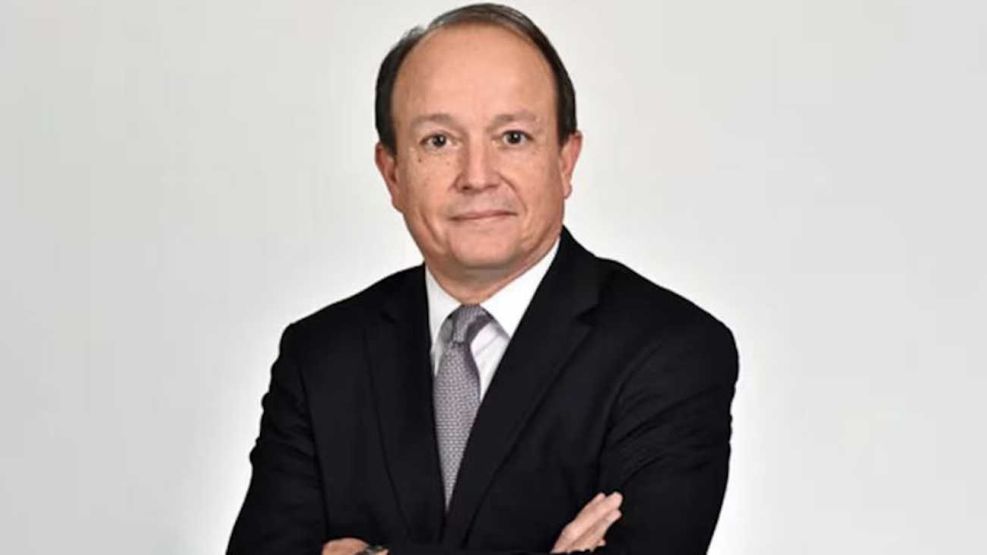
Argentina's economic policy secretary, Joaquín Cottani, has resigned from his position, which is typically considered the role of economy vice-minister. Cottani cited 'family reasons' for his resignation. José Luis Daza will replace Cottani at the end of the month. Cottani previously worked in the presidential administration of Carlos Menem in the 1990s, under then-Economy Minister Domingo Cavallo. Cavallo, who is critical of President-elect Javier Milei's administration, has expressed dissatisfaction with the government's refusal to lift foreign exchange restrictions known as the 'cepo.' The government had promised to lift the cepo this year, but the Economy Ministry and the Central Bank have stated that they will only eliminate the currency controls if it does not jeopardize efforts to combat inflation and build up reserves.
The resignation of Joaquín Cottani adds to the political uncertainty in Argentina. Cottani's close ties to Domingo Cavallo, a vocal critic of Milei's administration, raise questions about the potential impact of his departure on the government's economic policies. The appointment of José Luis Daza as Cottani's replacement will be closely watched to see if there will be any shifts in the government's approach to economic policy.
The government's commitment to lifting foreign exchange restrictions, known as the 'cepo,' has been a contentious issue. While President-elect Milei has advocated for free-market reforms, the Economy Ministry and the Central Bank have expressed caution, stating that the currency controls will only be lifted if it does not undermine efforts to combat inflation and build up reserves. The resignation of Cottani, who is known to be close to Domingo Cavallo, adds another layer of complexity to this issue and raises questions about the government's ability to follow through on its promises.
Overall, the resignation of Argentina's economy vice-minister, Joaquín Cottani, highlights the ongoing challenges and uncertainties facing the country's economic and political landscape. The appointment of José Luis Daza as his replacement will be closely watched as the government navigates its economic policies and attempts to address the concerns of critics like Domingo Cavallo.